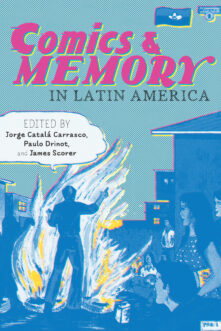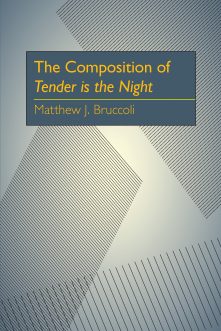Books
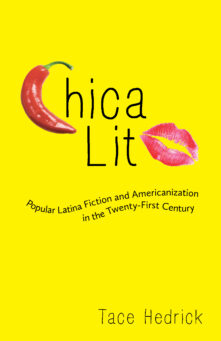
Chica Lit
Popular Latina Fiction and Americanization in the Twenty-First Century
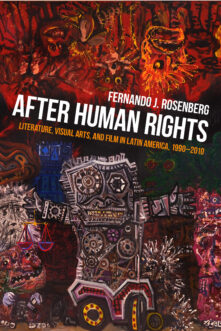
After Human Rights
Literature, Visual Arts, and Film in Latin America, 1990-2010
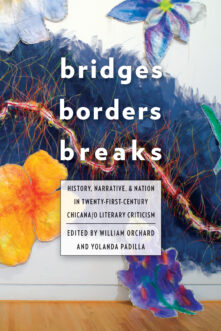
Bridges, Borders, and Breaks
History, Narrative, and Nation in Twenty-First-Century Chicana/o Literary Criticism
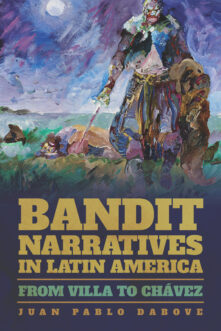
Bandit Narratives in Latin America
From Villa to Chávez
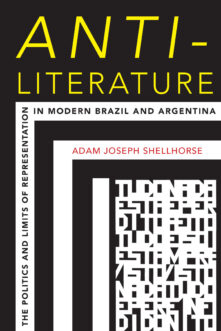
Anti-Literature
The Politics and Limits of Representation in Modern Brazil and Argentina
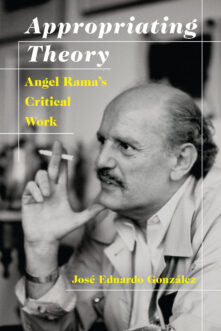
Appropriating Theory
Angel Rama's Critical Work
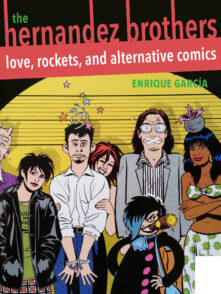
The Hernandez Brothers
Love, Rockets, and Alternative Comics
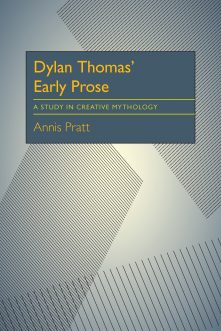
Dylan Thomas’ Early Prose
A Study in Creative Mythology
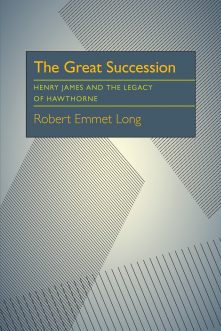
The Great Succession
Henry James and the Legacy of Hawthorne
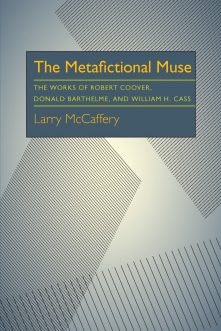
The Metafictional Muse
The Works of Robert Coover, Donald Barthelme, and William H. Gass
Total 27 results found.


